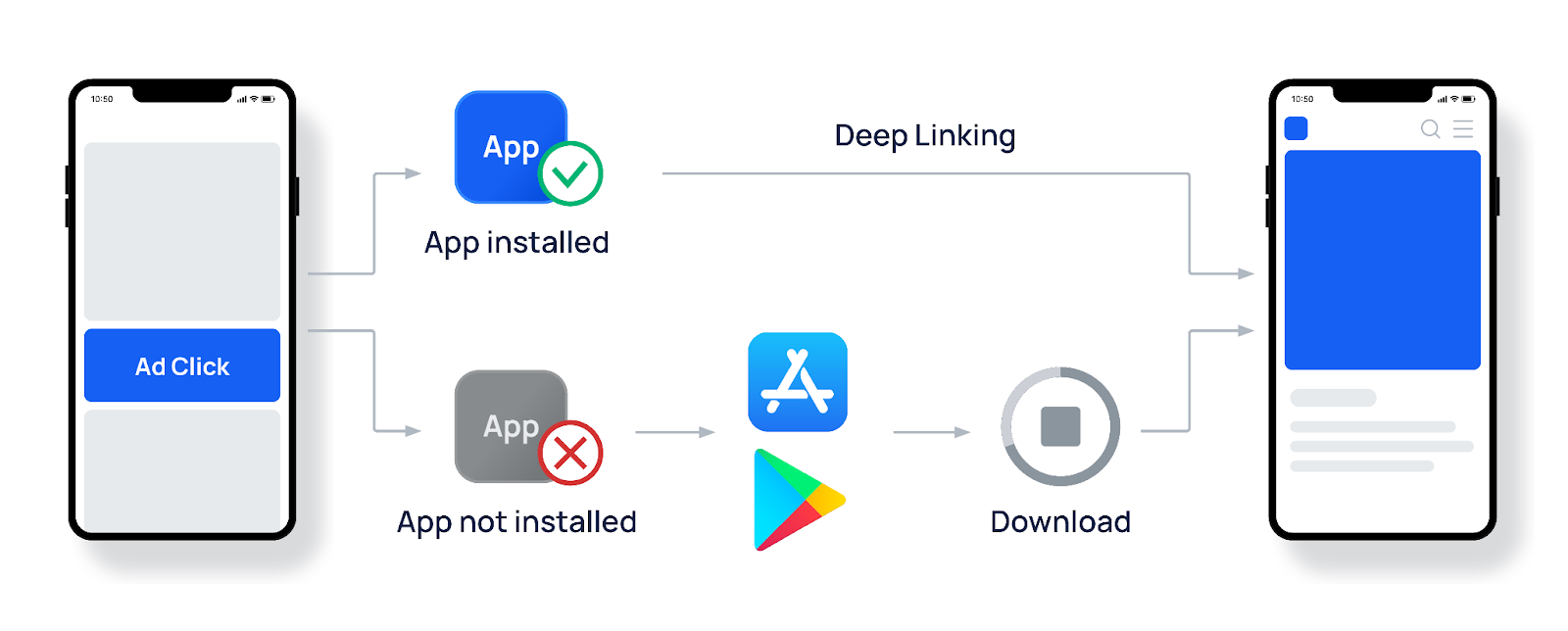Deep Hot Link Site: The Hidden Web's Secret Corners
Deep hot link site has become a buzzword in the digital world, and if you're curious about what lies beneath the surface of the internet, you're in the right place. Imagine a vast underground library filled with secrets, hidden treasures, and information that most people don't even know exists. That's exactly what we're diving into today. But don't worry, we're not just throwing random words at you; we're here to break it all down in a way that's easy to understand and super engaging.
Now, before we get too deep (pun intended), let's talk about why this topic matters. The internet is like an iceberg—what you see on the surface is only a tiny fraction of the whole picture. Beneath that surface lies the deep web, and within it, there are these so-called "hot link sites" that hold some serious power. Whether you're a tech enthusiast, a privacy advocate, or just someone who's curious about the internet's hidden layers, this article is for you.
We'll cover everything from the basics of deep hot link sites to their potential uses and dangers. By the time you finish reading, you'll have a solid understanding of what they are, how they work, and why they matter. So grab your favorite drink, sit back, and let's explore the wild world of deep hot link sites together. Trust me, it's gonna be a wild ride!
Read also:Bollyflixcare Your Ultimate Destination For Bollywood Entertainment
Table of Contents
- What Are Deep Hot Link Sites?
- How Do They Work?
- Biography of the Deep Web
- Uses and Purposes
- Risks and Challenges
- Tools for Access
- Legal Considerations
- Privacy and Security
- Future Trends
- Conclusion
What Are Deep Hot Link Sites?
Alright, let's start with the basics. Deep hot link sites are basically websites or databases that exist within the deep web, which is the part of the internet that's not indexed by search engines like Google. Think of it like a secret clubhouse that only certain people know how to access. These sites are often used for sharing information, files, or resources that aren't meant for public consumption.
Now, don't confuse the deep web with the dark web—they're not the same thing. The deep web is just the part of the internet that's hidden from regular search engines, while the dark web is a smaller, more secretive corner of the deep web where illegal activities sometimes take place. But hey, not everything on the deep web is shady, okay? Some of these hot link sites are actually pretty legit and serve important purposes.
Why Are They Important?
Deep hot link sites play a crucial role in maintaining privacy and security on the internet. For example, journalists and activists often use these sites to share sensitive information without fear of censorship or surveillance. Researchers also rely on them to access databases and archives that aren't available through regular search engines. So, while they might sound mysterious, they're actually pretty darn useful in the right hands.
How Do They Work?
Okay, so you're probably wondering how these deep hot link sites actually function. Well, it's all about encryption and anonymity. Most of these sites use special protocols like Tor or I2P to ensure that users can access them without being traced. When you visit a deep hot link site, your connection is encrypted and routed through multiple servers, making it nearly impossible for anyone to track your activity.
Here's a quick breakdown of how it works:
- You download a browser like Tor or a similar tool.
- You enter the site's address, which is usually a long string of random characters.
- Your connection is encrypted and routed through multiple nodes.
- You gain access to the site, where you can browse or interact as needed.
It's like having a secret tunnel that leads to a hidden world. Pretty cool, right?
Read also:Bolly4u Movies Hindi Your Ultimate Guide To Bollywood Entertainment
Biography of the Deep Web
Let's take a step back and talk about the deep web as a whole. The deep web has been around for decades, but it really gained popularity in the early 2000s with the rise of anonymizing tools like Tor. Originally developed by the U.S. Navy, Tor was designed to protect government communications, but it quickly became a favorite among privacy advocates and tech enthusiasts.
Here's a little table to give you some context:
| Year | Event |
|---|---|
| 1990s | Development of early anonymizing tools |
| 2002 | Launch of Tor |
| 2010s | Growth of deep web communities |
Who Uses the Deep Web?
The deep web isn't just for hackers and criminals, contrary to popular belief. Journalists, activists, researchers, and even regular people use it for various reasons. Some use it to access blocked content, while others use it to protect their privacy and security online. It's a versatile tool that serves many different purposes, depending on who's using it.
Uses and Purposes
Now that we've covered the basics, let's dive into some of the most common uses of deep hot link sites. Here are a few examples:
- Whistleblowing: Journalists and activists use these sites to share sensitive information without fear of retaliation.
- File Sharing: Some deep hot link sites are used for sharing large files or datasets that aren't available on the surface web.
- Research: Researchers use these sites to access databases and archives that aren't indexed by regular search engines.
- Privacy: Regular people use these sites to protect their online activity from prying eyes.
As you can see, deep hot link sites have a wide range of applications. They're not just for illegal activities, as some people might assume. In fact, many of these sites serve legitimate and important purposes.
Risks and Challenges
Of course, there are risks involved when using deep hot link sites. For one, not all sites are created equal. Some are legitimate and safe, while others are outright scams or even traps set by hackers. Additionally, accessing the deep web can be risky if you don't know what you're doing. That's why it's important to do your research and use trusted tools like Tor or I2P.
Here are some of the most common risks:
- Malware: Some sites may contain malicious software that can harm your device.
- Scams: Be wary of sites that promise too much or ask for personal information.
- Legal Issues: Depending on where you live, accessing certain sites may be illegal.
It's always a good idea to err on the side of caution and stick to reputable sources whenever possible.
Tools for Access
So, how do you actually access these deep hot link sites? There are several tools you can use, depending on your needs and preferences. Here are a few of the most popular options:
- Tor: One of the most widely used tools for accessing the deep web. It's free, open-source, and easy to use.
- I2P: Another popular option that offers strong encryption and anonymity.
- VPNs: While not specifically designed for the deep web, VPNs can help protect your privacy and security online.
Each tool has its own strengths and weaknesses, so it's important to choose the one that best fits your needs. And remember, always use caution and common sense when accessing the deep web.
Legal Considerations
Before you dive headfirst into the world of deep hot link sites, it's important to consider the legal implications. Depending on where you live, accessing certain sites or engaging in certain activities may be illegal. For example, downloading copyrighted material or accessing illegal content could land you in hot water.
Here are a few things to keep in mind:
- Know the Laws: Make sure you're familiar with the laws in your country or region.
- Stay Safe: Avoid sites that seem suspicious or ask for personal information.
- Use Trusted Tools: Stick to reputable tools like Tor or I2P to protect your privacy and security.
By staying informed and using common sense, you can enjoy the benefits of the deep web without running afoul of the law.
Privacy and Security
Privacy and security are two of the biggest concerns when it comes to deep hot link sites. After all, if you're using these sites to protect your privacy, the last thing you want is to fall victim to a hack or data breach. That's why it's important to take steps to protect yourself whenever you're online.
Here are a few tips to help you stay safe:
- Use Strong Passwords: Make sure your passwords are complex and unique.
- Enable Two-Factor Authentication: Add an extra layer of security to your accounts.
- Be Cautious with Downloads: Avoid downloading files from untrusted sources.
By following these simple tips, you can significantly reduce your risk of falling victim to cybercrime.
Future Trends
As technology continues to evolve, so too does the deep web. In the coming years, we can expect to see new tools and platforms emerge that make it easier and safer to access deep hot link sites. Additionally, advancements in encryption and anonymity technology will likely make it even harder for governments and corporations to monitor online activity.
That being said, it's important to remember that with great power comes great responsibility. As more people gain access to the deep web, it's up to all of us to use it responsibly and ethically. Whether you're a journalist, an activist, or just someone who values their privacy, the deep web has something to offer everyone.
Conclusion
So there you have it—everything you need to know about deep hot link sites. From their origins and uses to the risks and challenges involved, we've covered it all. Remember, the deep web isn't just for hackers and criminals—it's a powerful tool that can be used for good if wielded responsibly.
If you've enjoyed this article, don't forget to leave a comment or share it with your friends. And if you're looking for more information on the deep web or related topics, be sure to check out our other articles. Until next time, stay safe and keep exploring!
Article Recommendations


